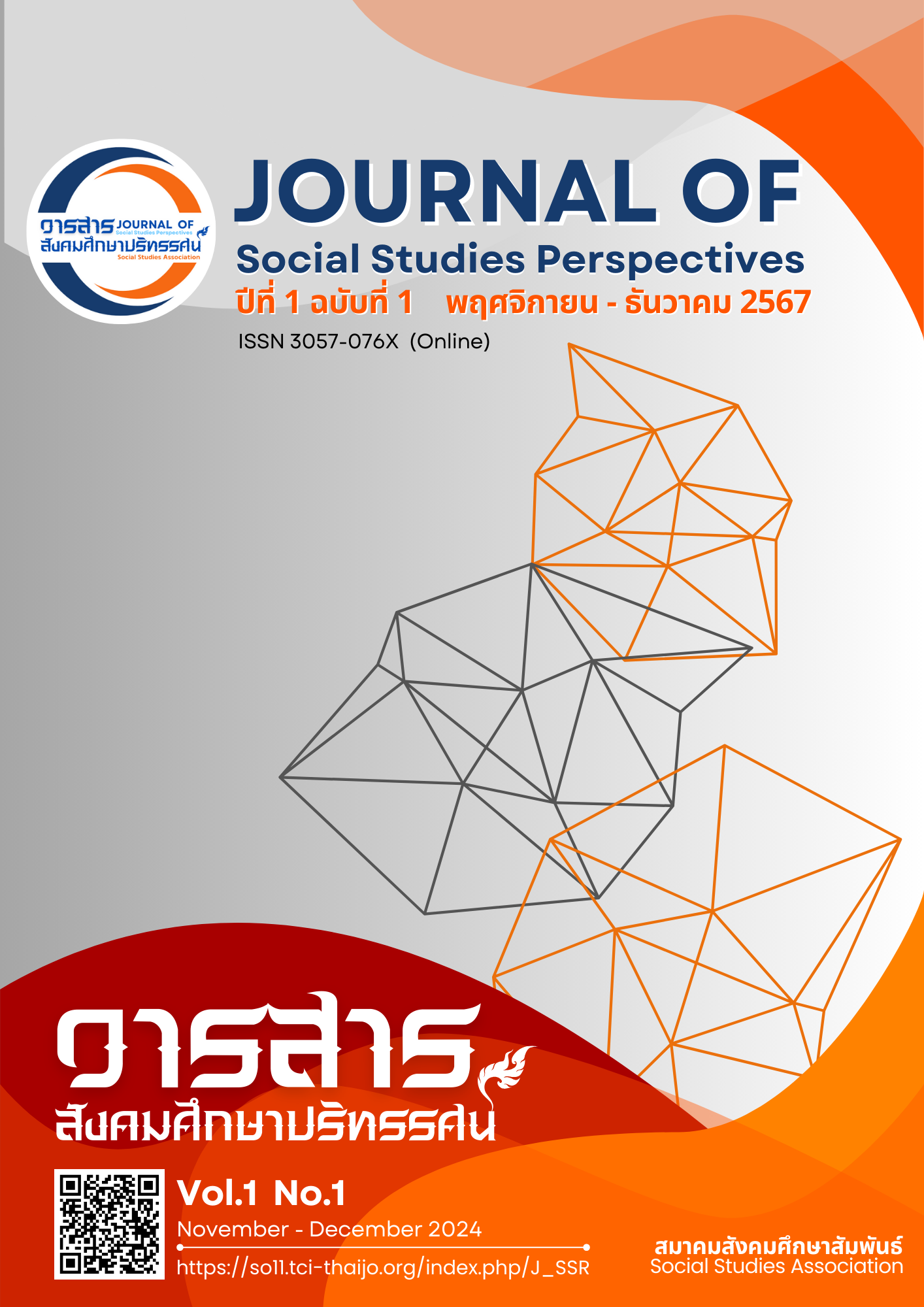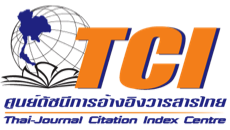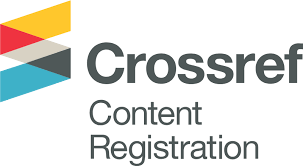PROMOTING YOUNG CHILDREN DIGITAL INTELLIGENCE BY ROLE OF PARENTAL MEDIATION IN CHILD DEVELOPMENT CENTER IN KAMPHANG PHET PROVINCE
DOI:
https://doi.org/10.64186/jsp1059Keywords:
Parent’s Role, Preschoolers, Digital Intelligence QuotientAbstract
The purposes of this research were to study the role of parents in promoting digital literacy of early childhood children using activity packs. “Playing with children to practice thinking” in three aspects: 1) interacting with children, 2) organizing a learning ecosystem that facilitates the development of digital literacy for children, and 3) supporting play to promote thinking. The population used in this research was 30 parents of young children’ aged between 5 to 6 years old at Ban Phran Kratai Preschool Child Development Center, Kamphaeng Phet Province. The results showed that parents can bring a set of the activities to promote digital literacy for children. The set of activities consists of 6 activities: Wheel of Emotions, Our Rights, Dip Art, Amazing Maze , Model House, and Food for Pet. All activities are tools to help encourage parents to have a way to foster digital literacy through creative play. Caring for the environment, home learning and create quality time between children and parents in the family.
References
Child Media. (2020). DQ Digital Intelligence. [Online]. Retrieved July 7, 2023, from http://cclickthailand.com/wp-content/uploads/2020/04/dq_FINAL.pdf
Dejputtawat, W. and Others. (2020). Relationship between the Age Onset and Characteristics of Electronic Media Using and Developmental Delay in Children Age 6 Months – 5 Years Old. Journal of Nakornping Hospital, 11(2), 1-19.
DQ Institute (2018). DQ Impact Report. Retrieved from: https://www.dqinstitute.org/
wpcontent/uploads/2018/08/2018-DQ-Impact-Report.pdf.
Hibbs, P. and Kulapichitr, U., (2016). Roles of Parental Mediation for Promoting Media Literacy of Preschoolers in Child Development Centers in The Bangkok Metropolis. An Online Journal of Education. Vol. 11 No. 1 (2016), pp.18-29
Jaroensa, T., & Sengsri, S. (2020). Digital Intelligence Quotient and Creativity and Innovation Skills in 21st Century. Journal for Research and Innovation, Institute of Vocational Education Bangkok, 3(2). Retrieved July 7, 2023, from https://so06.tci-thaijo.org/index.php/ivebjournal/article/view/245251
Lertkhongkhathip, R., Kerdto, K., Youjamnong, P., Chansoong, T., & Saythong, U., (2022). The Study of Using the Process for Enhancing the Quality of Education by Coaching and Mentoring System for Small Schools under the Office of Primary Education, District 2, Uttaradit Province. Interdisciplinary Academic and Research Journal, 2 (6), pp. 59-76
Pantuworakul, K. and Nuansri, M., (2019). Young Children as Digital Citizens: Opportunity or Risk. Journal of Education Studies. Vol. 47 No. SUPPL. 2 (2019), pp. 1 - 23
Rajanukul Institute. (2016). A Manual for Organizing Activities to Strengthen Emotional Bonds for Parents or Caregivers of Children Ages 5 and Up through The Process of "Eat, Hug, Play, Tell". (2nd Printing). Bangkok: Agricultural Cooperatives Association of Thailand Printing Company Limited.
Rajanukul Institute. (2021). Let's strengthen children's IQ and EQ through eating, hugging, playing, and telling stories from your baby's first steps. Retrieved July 10, 2023, from https://th.rajanukul.go.th/academic/leaflet-data/leaflet/leaflet2/110
Sajjaphattanakul, A., & Sajjaphattanakul, A. (2019). Participatory action research to develop a learning network: “Media, information, and digital literacy citizenship school” in the lower northern region of Thailand: A needs analysis of schools from early childhood to lower secondary education levels. Proceedings of the 11th National Research Conference: Connecting Local Research to International Perspectives, Nakhon Ratchasima Rajabhat University, 1028–1038.
UNESCO. (2018). A Global Framework of Reference on Digital Literacy Skills for Indicator 4.4.2. Retrieved July 10, 2023, from https://uis.unesco.org/sites/default/files/documents/ip51-global-framework-reference-digital-literacy-skills-2018-en.pdf
Downloads
Published
How to Cite
Issue
Section
Categories
License
Copyright (c) 2024 The Social Studies Review Journal

This work is licensed under a Creative Commons Attribution-NonCommercial-NoDerivatives 4.0 International License.
The article is published under the Creative Commons Attribution-NonCommercial-NoDerivatives 4.0 International (CC BY-NC-ND 4.0) license, which allows others to share the article while giving appropriate credit to the author. It prohibits the use of the article for commercial purposes or the creation of derivative works. Any other reuse or reproduction requires permission from the journal.










